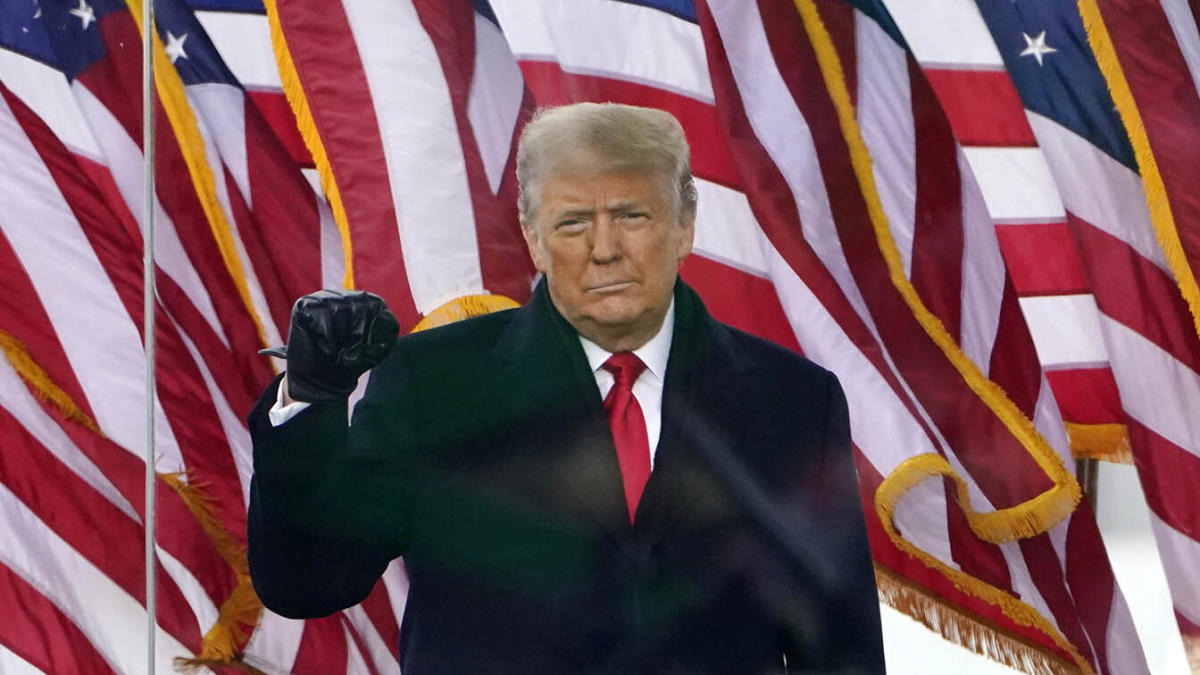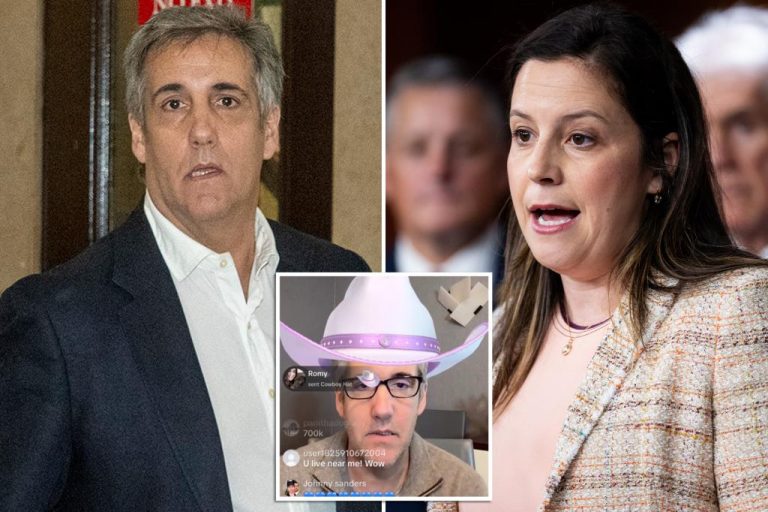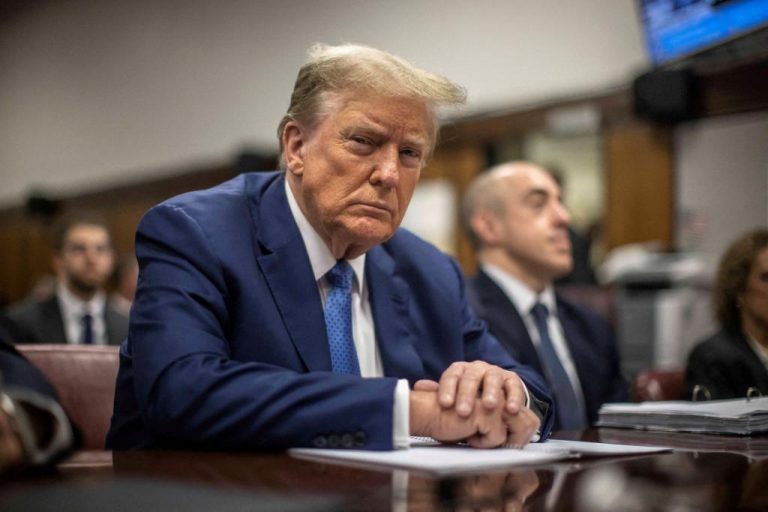Trump’s Jan. 6 trial outcome depends on whether these 5 acts were official or unofficial, following Supreme Court ruling.
The U.S. Supreme Court recently delivered a significant ruling regarding former President Donald Trump’s immunity from prosecution for his actions during his presidency. In a 6-3 decision split along ideological lines, the court established that Trump is entitled to immunity for his “official acts” but not for his “unofficial acts.” Chief Justice John Roberts emphasized that the President is not above the law, and that there must be a distinction between official and unofficial actions.
Previously, a lower court had dismissed Trump’s claim of immunity from federal charges brought by special counsel Jack Smith over his attempts to overturn the results of the 2020 election. The Supreme Court referenced specific allegations from Smith’s indictment as official acts, such as Trump’s discussions with Justice Department officials and Vice President Mike Pence during the events of January 6, 2021.
However, the court underscored the importance of differentiating between official and unofficial actions to determine whether a former President is entitled to immunity from prosecution. This critical task has now been assigned to Judge Tanya Chutkan of the U.S. District Court in Washington, D.C., who will oversee the case and assess whether Trump’s actions warrant immunity.
Here is an overview of Trump’s actions leading up to the January 6 riot, as outlined in Smith’s indictment, and the Supreme Court’s stance on each:
1) Pushing the Justice Department to endorse false claims of election fraud
The indictment alleges that Trump pressured Justice Department officials to send a letter to swing states falsely claiming election concerns. Despite the department’s refusal and clarification that no substantial fraud existed, Trump persisted in his efforts to replace officials until faced with possible mass resignations. The Supreme Court noted that the President has exclusive authority over investigations and prosecutions, providing immunity for his discussions with Justice Department officials.
2) Pressuring Vice President Mike Pence to change the election results
Trump repeatedly urged Pence to reject legitimate electoral votes and declare him as the winner during the congressionally mandated certification on January 6. The court deemed these interactions official, as Pence’s role in the certification process is a constitutional and statutory duty. The District Court will determine whether this conduct compromises the functions of the Executive Branch to rebut immunity.
3) Lobbying officials in swing states to ignore results and organize fake electors to falsely certify Trump’s victory, and 4) utilizing fake electors
Trump and his co-conspirators allegedly spread lies about election fraud to impede Biden’s victory and secure Trump’s stay in office. The Supreme Court remanded the analysis of these allegations to the District Court to discern whether Trump’s actions qualify as official or unofficial.
5) Exploiting the Capitol riot to prevent Biden’s certification
Following the Capitol riot, Trump refused to intervene and continued to incite his supporters through misleading statements. The Court acknowledged a President’s power to communicate with citizens but stressed the need to assess the content and context of such communications to determine official conduct. The District Court will conduct further evaluation to ascertain the nature of Trump’s alleged conduct.
With these pivotal decisions, the legal battle surrounding Trump’s actions continues to unfold, with Judge Tanya Chutkan tasked with navigating the complexities of distinguishing between official and unofficial acts. The implications of this case are far-reaching, underscoring the delicate balance between presidential authority and accountability within the U.S. justice system.








